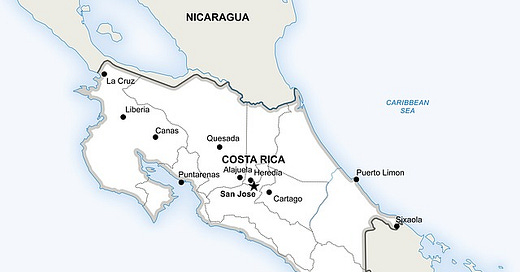Costa Rica reports significant increase in hepatitis A
Costa Rica health authorities report increase in cases of hepatitis A cases in 2023.
Through September, officials report a total of 1,435 laboratory-confirmed cases of hepatitis A, a significant increase compared to the 118 total cases reported in 2022.
The last time Costa Rica saw this many cases was in 2019 when 1,584 cases were reported.
To date, the province of San José reports the highest number of laboratory confirmed cases with a total of 960 cases, followed by Alajuela with 167 confirmed cases and Heredia with 94 confirmed cases.
The Ministry of Health has carried out investigations for the diagnosed cases and their contacts, establishing the necessary recommendations and health measures to avoid contagion and safeguard the health of the population. In addition, active surveillance and monitoring of cases is maintained in coordination. with other health agencies.
Hepatitis A is a highly contagious, vaccine-preventable, liver infection caused by the hepatitis A virus (HAV). Severity of illness ranges from mild infection lasting a few weeks to severe disease lasting several months. Liver failure and death may occur. Hepatitis A usually spreads when a person unknowingly ingests the virus from objects, food, or drinks contaminated by undetectable amounts of stool from an infected person. Hepatitis A can also spread from close personal contact with an infected person such as through sex or caring for someone who is ill. Populations at particular risk include persons who use injection and non-injection drugs, persons who are experiencing homelessness, men who have sex with men (MSM), and persons who live in congregate settings such as correctional facilities and drug and alcohol treatment facilities, as well as contacts of people with these risk factors.






